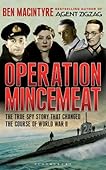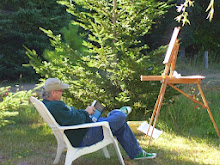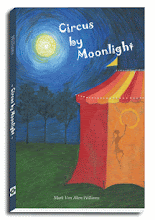The Iroquois Nation which helped develop (or better yet—invent) the game of lacrosse, has a team attempting to partake in the sport’s world championship in England. There is a problem though. They want to travel as the Iroquois Confederacy, using their own passports (meaning that they are a sovereign nation). But England has refused them visas, saying that they are in fact not sovereign.
Actually the problem is with the United States government. They have made it clear that they will only let players back into the country if they have valid US passports. The British government simply won’t give the players visas if they cannot guarantee they’ll be allowed to go home.
Of course the US government has been playing fast and loose with sovereignty issues and Native Americans for some time. Historically, Native American Tribes have been dealt with through treaties, negotiated with Congress or through administrative decisions within the executive branch. In the recent past, 1978 to be precise, the Bureau of Indian Affairs established a regulatory process for recognizing tribes. This is something a country does if they are dealing with another sovereign nation.
But then something strange happened. I think you can guess what that may be. It starts with a C and ends with an O. Wait a minute… you mean the Injuns now have the resources to file law suits against the US governments to protect their interests. We’ll show them.
The U.S. has consequently recognized only about 8 percent of the total number of tribes. The consequence of this is that if a Native American tribe is not currently federally recognized—then the tribe and those enrolled in the tribe are not entitled to certain privileges, such as sovereign status and immunity.
It hasn’t been easy for tribes to gain any sovereign status in the past. There are some examples, such as in Turner v. United States and Creek Nation of Indians, 248 U.S. 354, 357-358 (1919), when the court noted that “the Creek Nation [whose political structure had been terminated by Congress in 1906] was recognized by the United States as a distinct political community, with which it made treaties and which within its own territory administered its internal affairs.”
I can only imagine the hill to climb now.
In 2010, when sovereignty is an internationally recognized concept, indigenous Native Americans still do not retain any of their pre-colonial traditional indigenous rights. And let’s not forget that a basic tenet of sovereignty is the power of a people to govern themselves.
Case law has already established that tribes reserve the rights they had never given away. American Indian tribal autonomy and powers originate with their history—where they managed their own affairs.
So now we are adrift in murky waters. The U.S. Constitution recognizes Indian tribes as distinct governments, and they authorize themselves to regulate commerce with “foreign nations, among the several states, and with the Indian tribes.”
Yet the picture today, is one where the U.S. government describes Indian tribes as “domestic dependent nations.” It maintains that the federal-tribal relationship “resembles that of a ward to his guardian.”
So do tribes remain sovereign nations and possess self-government?
Do tribes have any nation-to-nation relationship with the U.S. federal government?
Does Congress have plenary power over Indian affairs?
Is state governance permitted within reservations?
 Tinkers by Paul Harding
Tinkers by Paul Harding








